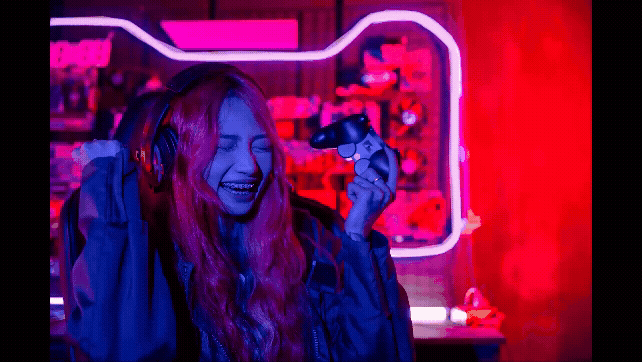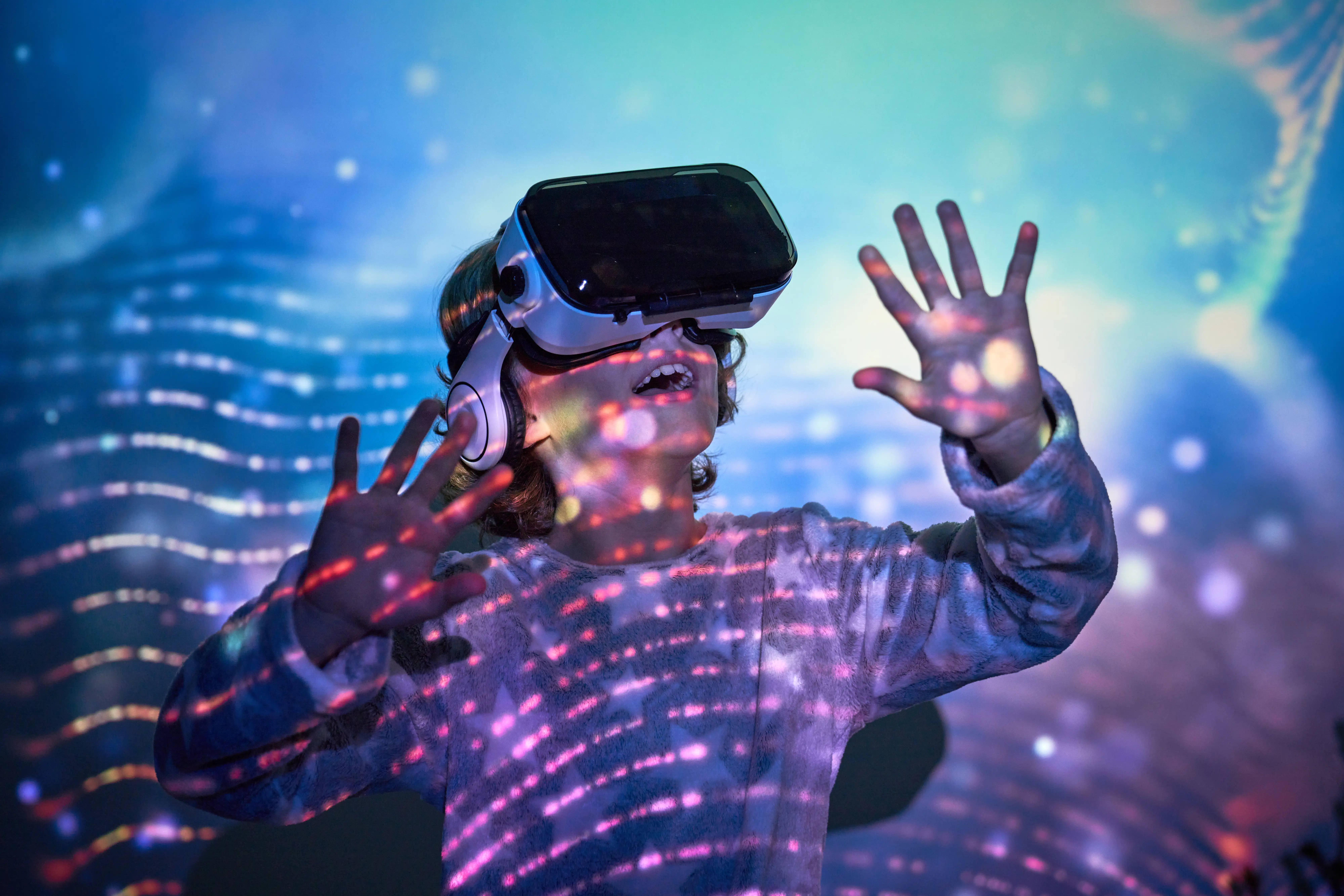
Politics & Society
Video games are building worlds beyond the laws of physics

From classrooms to communities, social movements to storytelling, games aren’t diversions – they are blueprints for how we create, connect and change our world
Published 7 October 2025
From the stage to the screen, play has always shaped life. Today, it’s gaming that shapes the world.
Games are not just a way to pass the time. They are one of the most powerful cultural forces of our era, redefining how we work, learn and connect.
Many of us may think of video games as toys for children or teenage boys, but games have always been central to human and animal life.
For decades, research has shown that girls and women play just as much as boys and men.
In fact, in 2025, girls and women are the predominant demographic of videogame players in Australia.
But play runs deeper than screens.
Dogs know the difference between a bite meant to fight and a playful nip. We ‘play’ music, ‘play’ sport, ‘play’ jokes on friends, ‘play’ pretend and ‘play’ multiple roles in our everyday lives.
Our language reveals just how far games seep into the way we understand the world. To ‘play the field’ is to treat love as competition. To ‘play along’ is to cooperate. To ‘play someone’ is to deceive them.
Play can be joyful, but it can also be serious or even harmful.
A cat ‘playing’ with its prey is no fun for the mouse. In finance, we ‘play the stock market’.
At work, performance is framed as a game, measured in points, leaderboards, and KPIs.

Politics & Society
Video games are building worlds beyond the laws of physics
Even politics is often described as a “numbers game”.
In late-stage capitalism, many people feel less like players and more like pawns, being played by the system itself.
Against this backdrop, video games have exploded into one of the world’s most influential industries. Globally, games now generate more revenue than film and music – combined.
Australia is part of this story, with titles like Hollow Knight: Silksong, Fruit Ninja, Unpacking, Frog Detective and Untitled Goose Game earning international acclaim. Silksong exemplifies a maturing industry, as we witness more Australian studios releasing their second or third games.
After many major gaming companies pulled out of the country during the 2008 global financial crash, local gamemakers built a community-driven scene grounded in resource sharing and solidarity.
In recent years, the federal government agency, Screen Australia, has renewed investment in games, recognising their cultural and economic significance. Just last month, the Australian Centre for the Moving Image (ACMI) opened an entire exhibit dedicated to games as virtual worlds.
At the heart of this ecosystem is Melbourne, host of the Southern Hemisphere’s largest celebration of games: Melbourne International Games Week (MIGW).
Featuring events like the industry-focused Games Conference Asia Pacific (GCAP), Freeplay’s Parallels independent games showcase and PAX Australia, MIGW draws tens of thousands of attendees each year, cementing Melbourne as the nation’s ‘games capital’.
It is in this context that the University of Melbourne established the Melbourne Academic Games, Play and Interactive Entertainment (MAGPIE) collaborative research initiative.
MAGPIE brings together researchers, educators, students and industry partners to explore the cultural, economic, and social impact of games.

Arts & Culture
How the far right weaponised gamers and geek masculinity
Why does this matter? Because games are not trivial diversions. They reflect and reproduce the values of the societies that make them.
To study games is to study how the world is made and how it could be made differently.
Our work spans everything from storytelling, design and participation in games, and everything in between.
Games research has informed work in the cultural and creative industries, education, architecture and planning, health and medical science, play and policy, journalism and media, emerging technologies and systems design.
MAGPIE has an explicit focus on inclusion and diversity in games studies, building on established connections with LGBTQIA+, neurodiverse and disability games networks and including support for First Nations and culturally diverse games research.

Earlier this year, we released a white paper report exploring the benefits of games to education and how to make them more available in the classroom.
At the heart of this is the idea of critical game literacy.
Just as media literacy helps us interpret film or news, games literacy equips us to understand how interactive systems shape the world.
Our aim is to provide a hub where academics, students and industry can meet, collaborate and imagine the future of games and play.
There are so many different ways games are shaping the world around us.
There’s the history of gaming’s intersection with gender and politics through the creation of the ‘gamer identity’ and aligning it with the ‘geek masculinity’ archetype that has often led to the incorrect assumption that gaming is just a boy’s club.

Politics & Society
Video games combine every kind of storytelling – and invent new ones
Some games are trying to change the world for the better. Games like Between the Lines that allow everyone to feel the sting of everyday racism – mispronounced names, micro-aggressions, systemic discrimination – forcing us to have the uncomfortable conversations that might actually lead to change.
Gaming is changing how we learn.
Digital games and virtual reality experiences are happening in and out of the classroom – from cooperative space adventures teaching neurodivergent teens collaboration to VR taking biology students inside the human body.
In the world of design, video games are realising some of architecture’s most radical impossible structures – turning brutalist skyscrapers into avant-garde blueprints into immersive, explorable spaces that bridge imagination and experience.
Then there are the thriving communities of makers, researchers and players that are proving games create lasting connections that transcend play itself.

When these groups gather at events like PAX and MIGW, they’re participating in annual rituals of planning, creating and reconnecting that turn gaming culture into a year-round community practice.
And video games are changing the way humans tell stories to each other.
From clicking through Florence’s interactive novel to building your own adventures in Minecraft, video games tell stories in ways that combine every narrative form we know – but the real magic is how they let you become part of the story itself.
Games are not just how we pass the time – they are how we imagine, connect and even reshape the world.
What comes next depends on the games we play together.